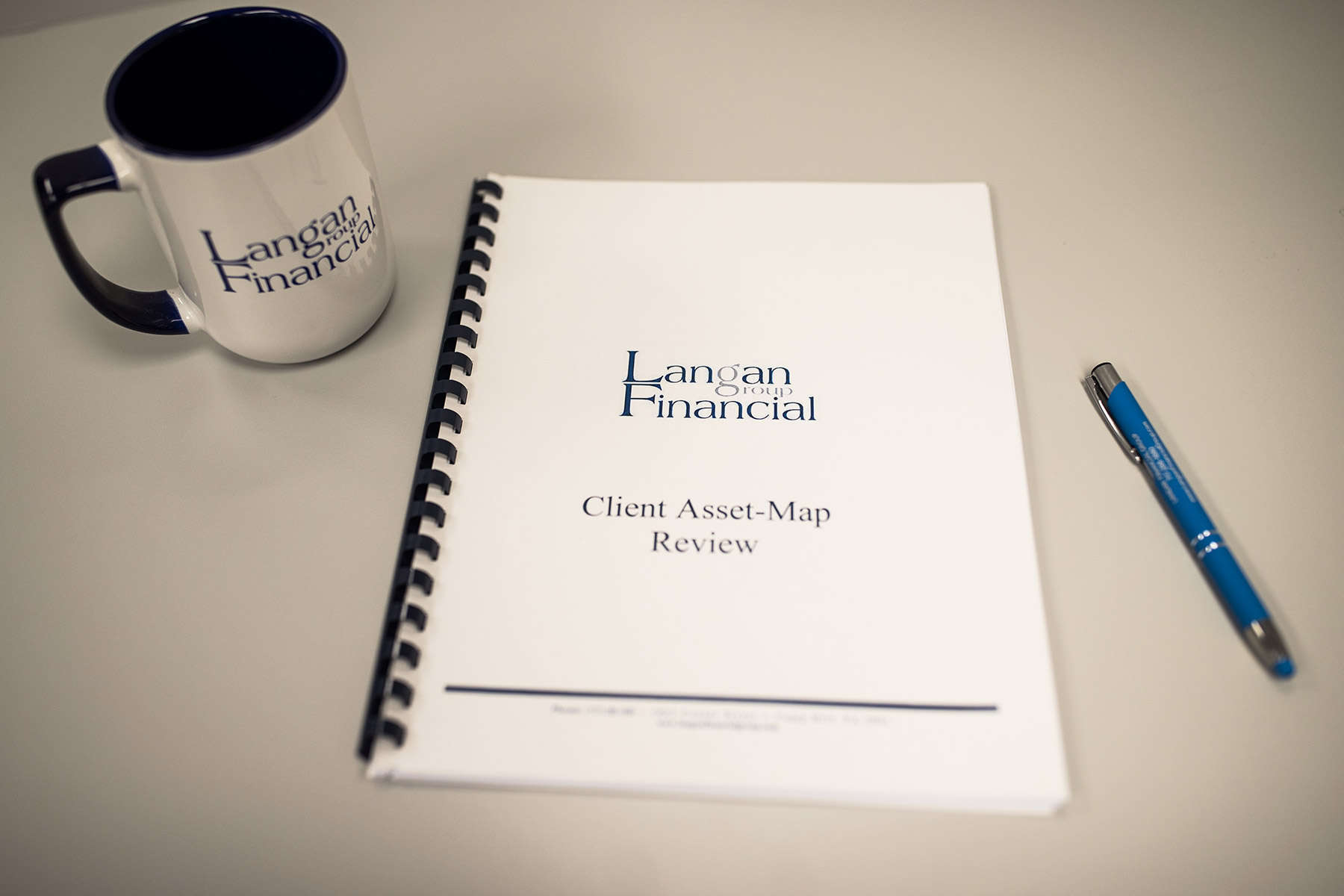
401K Rollover to IRA Rules
There are two types of rollovers: direct rollovers and indirect rollovers.
In a direct rollover, the funds from your 401(k) are transmitted directly to the new retirement plan. There are no withdrawal fees or distributions to the participant, making this the most hands-off rollover method.
An indirect rollover is where the funds from your 401(k) are distributed to the account holder, leaving it to the account holder to deposit the money into the new retirement account. This transfer must be done within 60 days of receiving the distribution, or it will be subject to taxes on the transfer since it will be categorized as a withdrawal.
The 60-Day IRA Rollover Rule
The 60-day rollover rule says from the time you receive a retirement plan distribution, you have 60 days to transfer it to another retirement plan before it becomes a taxable distribution.
This rule primarily applies to indirect rollovers, since the account holder will receive the distribution check. For this reason, it is usually easier to do the direct rollover that way you are not liable for transmitting the funds.

401K Rollover to IRA
Rolling over a 401(k) into a Traditional IRA is a bit more demanding of a task, but is still relatively straightforward. An account holder would have to pick a traditional IRA custodian to hold their retirement assets.
Then they request the rollover from the old 401(k) plan into the new Traditional IRA. From there, there will be forms that depend on the recordkeeping company and the new custodian.
Once these are completed, the next step is to wait for the rollover to be completed, which can take several weeks.
Rollover 401K to Roth IRA
This option is very similar to rolling over a 401(k) into a traditional IRA, with one big difference, taxes. Once the rollover forms are received and processed, before the funds can be rolled over taxes must be paid on the assets.
Roth contributions are made with after-tax dollars, so taxes must be paid on the traditional 401(k) assets. This will then be added to income for the year and will be subject to taxes accordingly.

Why Would I Roll Over My 401(K) to an IRA?
The benefits of moving a 401(k) from a former employer into an IRA are as follows:
- Continuity of Savings
When leaving an employer, rather than having two different retirement plans it may be easier to consolidate them and have all retirement funds in one place.
If the old 401(k) account remains with the old employer, contributions will not continue, the account will sit there and continue to perform in the market, but no additional funds can be added.
It is also important to be aware of an “auto-portability” feature, which is not present in every plan and will be covered later.
- Different Investment Options and Fees
After changing employers, it is very likely that the new retirement plan will not have the same investment options as the previous one. It is possible that the new plan has funds with lower OR higher investment expenses, which could be a large factor in determining if a rollover is appropriate.
In addition to the investment expense, the 401(k) has additional fees associated with it and it may be significantly cheaper to use an IRA. For a comprehensive breakdown of 401(k) fees.
- More Control
One other benefit to rolling over a 401(k) is having more control over the investments. Depending on the IRA provider selected, there will be a list of available funds that typically have more investment options than a 401(k).
Given that a typical 401(k) fund menu consists of around 30 investment options, some IRA options offer 50 to over 200 investment options.
There are other options a plan participant can take, but these are the three covered in this article.
Rollover 401(K) to IRA Tax Consequences

When performing a 401(k) to IRA rollover, when done correctly, there should not be any tax consequences.
This is also assuming that the rollover is happening between accounts that have the same tax status (i.e., a Roth 401(k) to a Roth IRA).
If rolling over a Roth 401(k) to a Roth IRA, the funds must be transmitted within 60 days, and there will not be any taxes.
If the rollover is a Traditional 401(k) to a Roth IRA, the account holder will be taxed at the highest marginal income tax rate at the time of the rollover.
Potential 401(K) Rollover Issues
One large drawback of switching from an employer-sponsored retirement plan to an individual IRA is that you may lose access to the institutional pricing that is offered by employer-sponsored plans.
Due to the aggregation of assets, a retirement plan typically invests hundreds of thousands of dollars, granting the opportunity for lower fees and the same pricing given to corporations investing like amounts.
If there are any stocks owned in the 401(k) account and they have greatly appreciated from the cost basis, they will need to be sold to move into a different account such as an IRA. This will cause a capital gain and taxes will be owed on the capital gain.
If performing an indirect rollover for a 401(k) account, once the 401(k) funds are released to the account owner, it becomes their responsibility to make sure it is received by the new plan. If the funds are not received within 60 days, they will be treated as taxable income.
When it is treated as taxable income, the participant must pay their normal income tax on the funds and it is also counted in their taxable income for the year (potentially raising the taxes owed for that year). If they are also under the age of 59 1/2, they will have to pay an additional 10% early withdrawal penalty.
When the 401(k)-account holder is separated from an employer and their balance is below a certain threshold, it may be forced out into an IRA. This typically happens if the account has under $5,000 in value after separation of service, so always check with the plan sponsor to see if anything will happen to the account after separation.

How to Rollover 401(K) to IRA Steps
In order to begin a rollover for a 401(k), a participant should contact the plan sponsor or the advisor of the retirement plan. There are multiple forms that need to be signed and it must be completed within a certain time period (generally 60 days).
It is important to remember that a financial advisor is a good resource to have during this process to assist with calls to any vendors.
The general steps of a rollover are outlined below:
- Have a copy of the most recent 401(k) statement.
- Reach out to the vendor who is holding the 401(k) and request the transfer form
- Contact the company you want to open an IRA at and request the account application if you are opening an account for them to receive the rollover.
- If there is already an open account you wish to roll over to, you will need the incoming rollover form
- Fill out and submit all forms to the applicable parties.
- Wait for the funds to transfer into the new account.
About the Financial Advisor Authors

Alexander Langan, J.D, CFBS, serves as a Financial Advisor at Langan Financial Group. In this role, he manages investment portfolios, acts as a fiduciary for group retirement plans, and consults with clients regarding their financial goals, risk tolerance, and asset allocation.
With a focus on ERISA Law, Alex graduated cum laude from Widener Commonwealth Law School. He then clerked for the Supreme Court of Pennsylvania and worked in the Legal Office of the Pennsylvania Office of the Budget, where he assisted in directing and advising policy determinations on state and federal tax, administrative law, and contractual issues.
Alex is also passionate about giving back to the community, and has participated in The Foundation of Enhancing Communities’ Emerging Philanthropist Program, volunteers at his church, and serves as a board member of Samara: The Center of Individual & Family Growth. Outside of work and volunteering, Alex enjoys his time with his wife Sarah and their three children, Rory, Patrick, and Ava.

Harry Claypool currently serves as an Associate 401(k) Advisor at Langan Financial Group where he assists Alex in servicing retirement plans, preparing plan reviews, and handling administrative work.
In his free time, Harry enjoys visiting new restaurants, spending time with friends and family, and watching the Eagles.

About Langan Financial Group Retirement & Wealth Management
Langan Financial Group is an award-winning financial planning firm with offices in York, Pennsylvania and Harrisburg, Pa.
With over 100+ 5-star reviews, Langan Financial Group is an independent financial planning firm established in 1985, offering a broad range of financial planning services.
With an open architecture platform, our advisors have access to a diverse range of products, free from any sales quotas.
Our team of 9 financial experts, each with unique specialties, enhances our ability to focus on delivering value to our clients.
Disclosure
The content is developed from sources believed to be providing accurate information. The information in this material is not intended as tax or legal advice.
Please consult legal or tax professionals for specific information regarding your individual situation.
The opinions expressed and material provided are for general information, and should not be considered a solicitation for the purchase or sale of any security.
Securities offered through Cambridge Investment Research, Inc., a Broker/Dealer, Member FINRA/SIPC.
Investment Advisor Representative, Cambridge Investment Research Advisors, Inc. a Registered Investment Advisor. Cambridge and Langan Financial Group, LLC are not affiliated.
Cambridge does not offer tax or legal advice.



